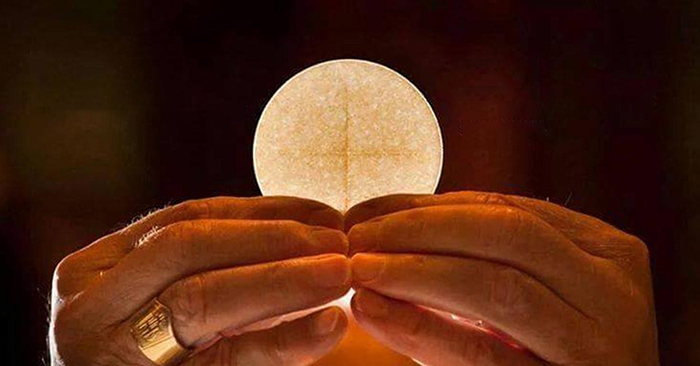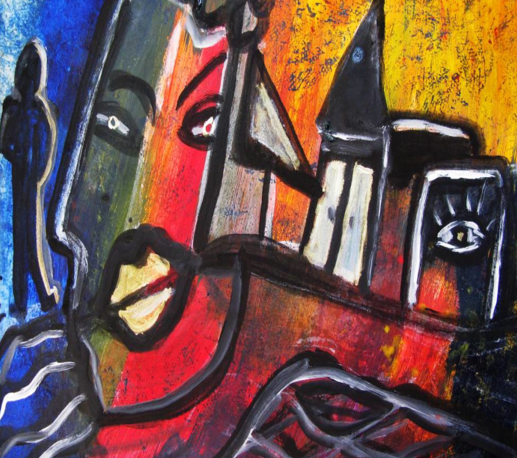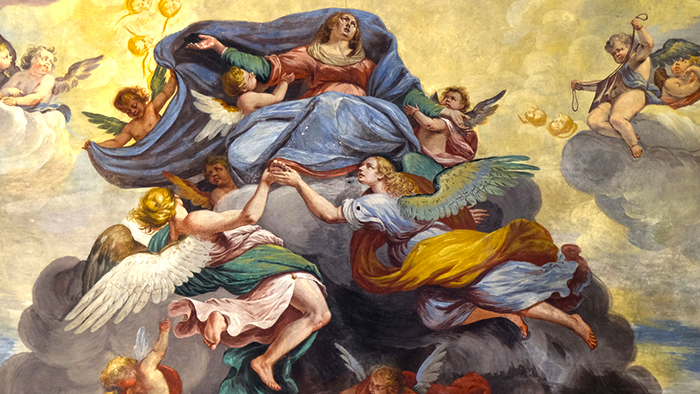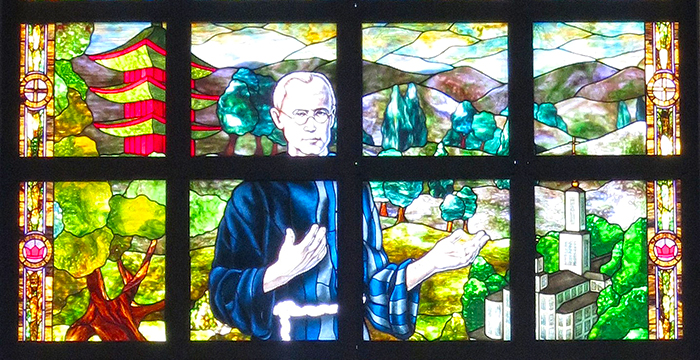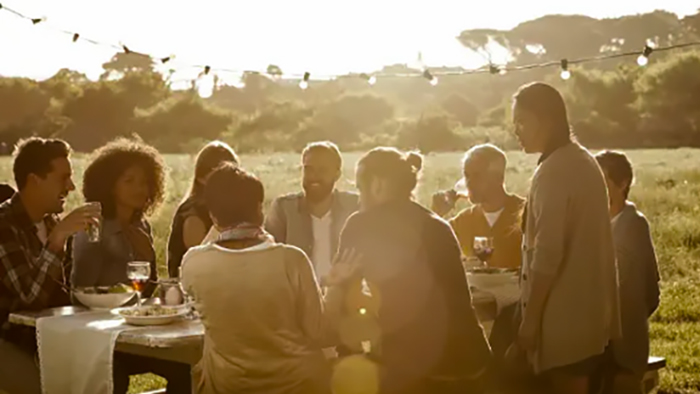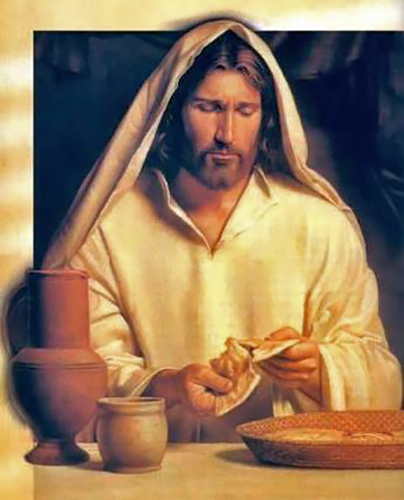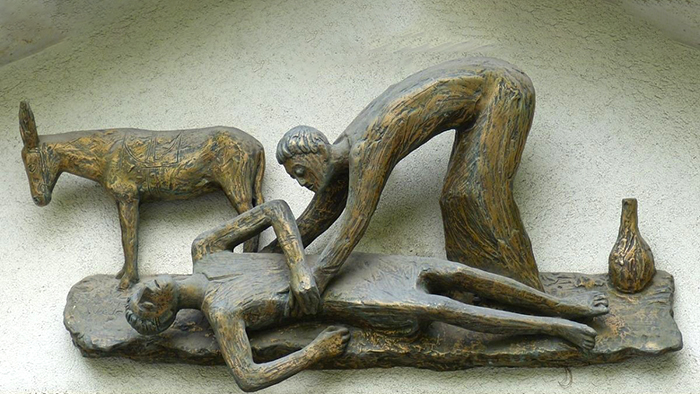
Today’s reflection verse brings back thoughts of how we view the Ten Commandments. Artistic representations of the Ten Commandments often depict two stone tablets with two tables of inscriptions. This portrayal follows from a classical division of the commandments in which there are two specific categories: those that order humanity’s relationship with God and those that order human relationships with one another. Bishop Barron writes that if we consider the Bible as a totality, it becomes apparent that the Scriptures prioritize the first table, those commands dealing with God. The Ten Commandments begin with an insistence that the Lord alone is God and there are to be no other gods besides him. This is not just a principle meant to order humanity’s expressions of ritualized worship but a statement about the ethos of the entire moral and spiritual order. Whatever it is that humanity worships — be it the gods of the ancients or the allures of wealth, power, pleasure, and honors — will, by necessity, give rise to our perceptions and practices concerning moral life. The God or gods in whom we place our ultimate concern will direct our lives and determine our choices. St. Paul said that the body of each Christian is “a temple of the Holy Spirit.” He means a place where the one true God is honored and worshipped. Paul provides us with an image of the Christian life as one in which a person finds happiness and integration in the measure that she becomes, personally, a place where God is first. What does this mean? How much of your life is given over to materialism, commercialism, or the accumulation of things? What rivals to the one true God have you allowed to invade the sacred space of your soul? The temple-cleansing Christ is a memorable image with enduring power. We shouldn’t relegate that image or the Lord himself to merely a statement about our impatience with the corruptions of religious institutions and miss the point that strikes closer to home: Christ comes to each of us to rid the temple of our own body of the idols to which we have foolishly given power and pride of place.

